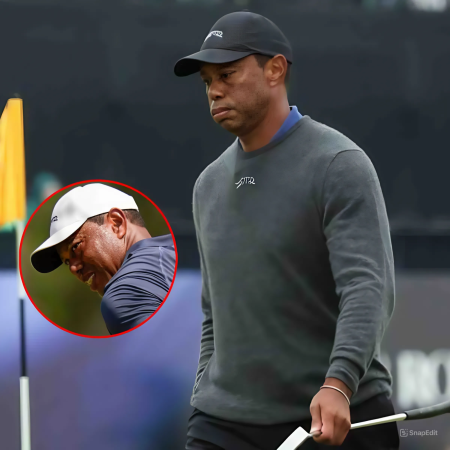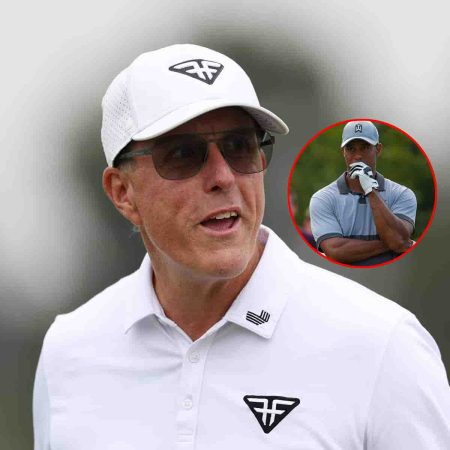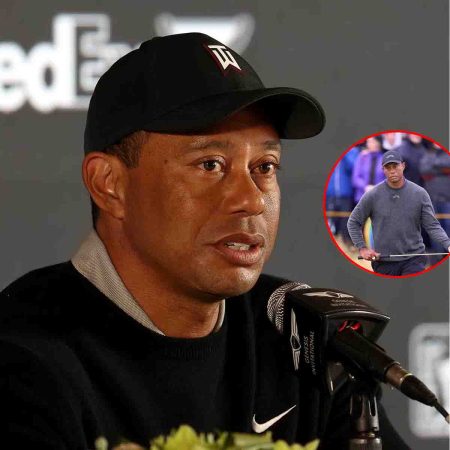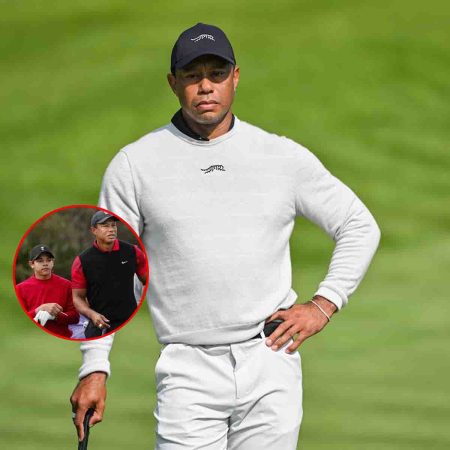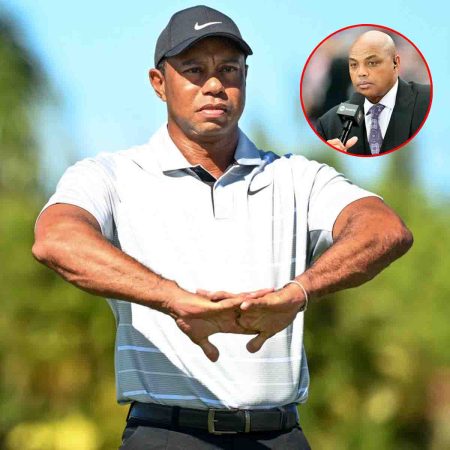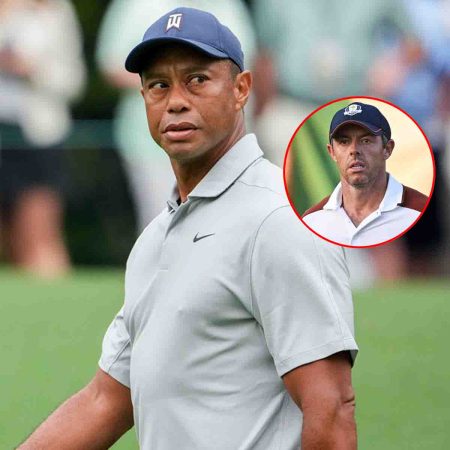Considering that the first time father and son worked together in the experimental film Pound, and a five-year old Robert Downey Jr’s first line of movie dialogue was “Have any hair on your balls,” you wouldn’t expect the relationship between a wildly creative actor/producer and the director of Putney Swope to be the stuff of Ozzy and Harriet. In fact, there is a very warm and fuzzy dynamic right now between father and son. The latter just presented the former with another grandchild; and this weekend, Downey Jr has lent his clout to doing right by dad in a retrospective of films from a true ironman of eclectic avant-gard cinema. A fundraiser for The Friends Of Cinefamily, Truth And Soul Inc. is a whole weekend’s worth of festivities that began last night with a panel discussion between father and son. Events include appearances by Paul Thomas Anderson & Louis CK; tonight’s a screening of Pound and a restored print of Greaser’s Palace, the other one of dad’s movies that RDJ appeared in as a child. Tomorrow brings a Putney Swope gala screening at the Ace Hotel’s United Artist Theatre. Here, Downey Jr talks about his relationship with his storied father, and his own inevitable trip to the director’s chair. But first, that immortal first double Downey movie moment:

DEADLINE: Every relationship between a father and son is complicated, especially when both have creative instincts. You just presented your father with another grandchild, and now you are presiding over this retrospective of his career. Must be a good time to be Robert Downey, either Senior or Junior?DOWNEY: It has been a real fun time. It displaces that usual Hollywood angst where it is, ‘when we do the company party this year, shouldn’t we have a theme?’ And me saying, ‘We did nautical last year. No theme this time! This has made me wish that everybody could just plan joyful events and not be enslaved by the capitalist siege of that Bermuda triangle that is thanksgiving Christmas and New Year’s. On the other hand, it’s good to be out on that field, playing.
DEADLINE: Speaking of stumping for causes beyond your own, you’ve been out on the campaign trail for The Judge, not boosting your own awards season candidacy, but rather for your co-star Robert Duvall. How’s that going?DOWNEY: I think it’s going swimmingly. Things will go the way they’re going to go, but I’m confident he will get some recognition.
DEADLINE: What’s the best piece of advice your father gave you?DOWNEY: It always amazes me when people actually have a recollection of someone usefully telling them how and what to do. Rather than a piece of advice, there are things I picked up. I’m pretty nutty about punctuality, because it takes you out of feeling guilt for things before you even show up. At the same time, I adore people who have no concept of or desire to show up for anything, ever, on time. I secretly want to be that person. My dad, if the reception starts at 630, I bet he’ll be there at 5:15.
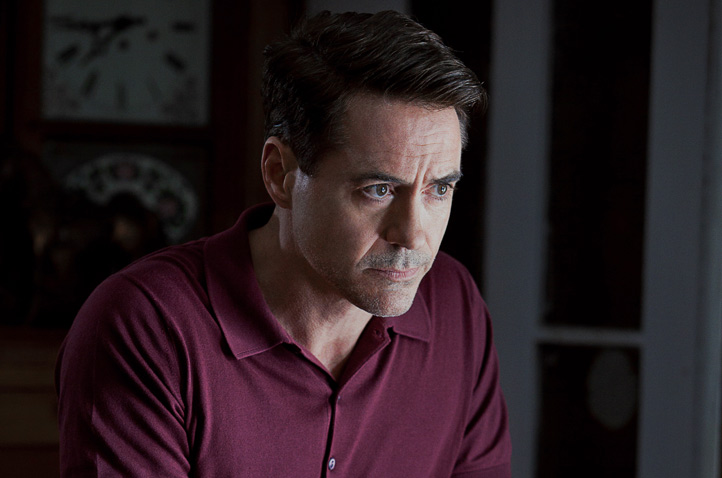
DEADLINE: When you make the kind of shoestring budget movies he did, there is margin for that kind of indulgence?DOWNEY: None at all. I was showing him one of the pieces we cut together for this weekend. He says, well, it’ none of my business but if you cut from this to this, then you don’t have to repeat a shot. I remember all these things he has said that are of multi-use to me, like, never repeat a shot. Why hit the same note, again, even in the same scene?. It’s a simple math that has to do with innovation, and forcing yourself to not be creatively lazy, just by remembering a few simple signposts.

DEADLINE: When you grew up in that bohemian world of experimental filmmaking, did you understand those movies during your childhood, or your father’s vaunted place in that film movement?
DOWNEY: Have you ever seen that 1972 film Imagine, and that scene with John Lennon where some wayward souls show up on his property while they filmed, to ask him the meaning of the lyrics? He kind of debunks it for them, and it’s kind of a famous interaction, where John is on his property, and someone has walked 50 kilometers to ask the burning question, even though they’re really these stoned, lost college students. I remember that kind of migration taking place wherever we were, in upstate New York or Connecticut. There was this period, circa ’74 to ’78, when I was 9-13 years old and pop’s movies were pretty entrenched and were shown at all these college. Those guys and gals from those universities would make these migrations, sleeping where they could, and it was about how could they get an audience to talk about the process with dad. He was this one man mecca touchstone for oddballs and artists; and actually a lot of people who went on to have interesting creative careers, too.
DEADLINE: You once told me something that stuck with me. That after you’d quit high school to chase an acting career, you were broke, called your dad and he told you that you were on your own. I don’t think I’d be able to tell my kids that, but it is quite a powerful motivating mechanism. What is its significance, when you look back at it now?DOWNEY: Honestly, it’s funny because even as I have made it a much mytholigized turning point, it was really just another day, another conversation. It wasn’t that he never gave me anything, and I’m sure things were tight for him at that point. Sometimes when you say you won’t do something, it’s literally because you can’t do it. But what I really remember was that when I was singing in the choir at Santa Monica High, he was there, or when he came to see me do Oklahoma or came to the Colonnades Theater, across from the Public. When I was doing this 40 seat theater mini play called Fraternity, he was supportive. But he was also always doing his own thing. I’ve noticed something about being raised in a creative family and we can call Los Angeles a creative family. Nobody is particularly interested in what’s going on outside what they’re doing. You’re on a set and you have friendships and you actually love those people, but how much of a vested interest do you really have? Like a soccer dad, mine always took an interest and it made him and me happy, but he was always working on his own stuff and that remains so till this day. He was just telling me about this project we started a ways back, and other stuff he’s always writing. I’d cite this Eastern phrase that’s awkward to utter but it translates to “benevolent neglect.” And it is the exact opposite of helicopter parenting and what is so rampant in America in how we demonstrate we are responsible loving parents, friends, coworkers.
DEADLINE: As a movie star, you’re Iron Man. If you become a director, you’re the son of the man who directed Putney Swope. A lot of children of famous try it at least once. Why have you waited so long?DOWNEY: First of all, the more directors I’ve worked with, especially those I respected, you just see what a grueling job it is. I was talking to Ron Meyer, that Supermensch who runs Universal, and he says, “I get it, you’ll do it, but you have the best job in the world. There is no better job than the one you have, particularly right now.” It’s kind of like now I can step up and hit a line drive, but I’m on a team and not the player everybody will be yelling at when things go wrong. I’ve gotten to be that guy for awhile, so why take over the team, and redo the stadium, print the programs? It’s definitely on the horizon, though, and it has just timed out this way. I feel like that cycle of me being engaged enough just doing what I’m doing, that is coming to an end. And the nice thing is, when I get to that next cycle, I’ll have a great reference and sounding board in Senior.
DEADLINE: What’s the part you might dread?DOWNEY: It is the knowledge you are going to do something that is so humiliating. Every preconception you might have, of how you would do it, flies out the window. Suddenly, you’re the one ducking the dodge ball every 22 seconds, for two years. I also feel it comes down to figuring a lot of things out. The way I feel about my dad as a director is, there is something about the earnest and pure and exceptionally witty and irreverent in the approach he took. Of all the crews he’s worked with, nobody ever said, boy that Downey Senior, what an asshole! Everybody remembers his smile and the levity. They remember him being tough and exacting, and not suffering fools, and wanting things to go certain ways. But not an asshole. Whether it’s Ben Stiller, Todd Phillips, Jon Favreau or Rick Linklater, my first real experiences with directors who know how to let you do your thing and it easy and fun, was Pops. Then when you go on a set that is tense and controlled, you realize, wow, this is different. And it doesn’t feel good. That is on the director. Guy Ritchie said to me, the director sets the mood and he has to be very careful and conscious of the mood he is setting. You’re either going to do it consciously or you’re going to unconsciously provide that mood.
DEADLINE: Sure sounds like Pops isn’t done.DOWNEY: He’s still very interested and interesting and he’s got stuff going on. We can certainly expect more. This has been a jump start device for both of us. Looking back on his career like this will probably make him finish his project a little sooner and we’ve got some ideas of things we might do together. I also like that it’s this cool group Cinefamily. Locals like myself remember that silent movie theater on Fairfax they’ve turned into an extremely smartly and lovingly run institution for all wild, wacky important, nonsensical fare, everything from El Topo or Le Grand Boum, to C.H.U.D. It’s a wonderfully eclectic collections of all kinds of film for all kinds of people.



